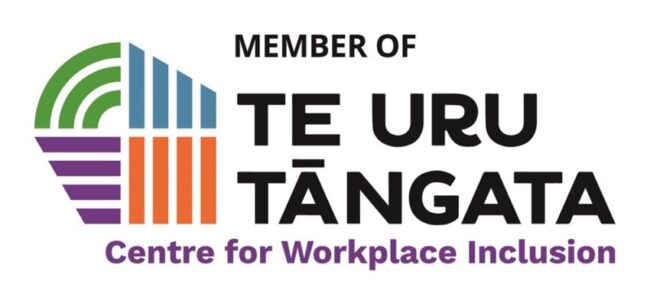A recent decision from the Employment Relations Authority (ERA) in Abernethy v Kono NZ LP,[1] has clarified the extent of an employer’s duty to consult with employees before selling a business.
Key facts
The applicants were employees of Kono NZ LP, working in its Marlborough-based mussel business, employed under a Collective Agreement. In May 2023, Kono sold the assets of its mussel business to Talley’s Limited. As a result, Kono ceased operations in that business and dismissed the applicants. The applicants claimed their dismissals were unjustified because Kono did not meet its obligations to consult with them regarding the sale of the business assets and the potential termination of their employment.
Kono argued that disclosing the potential sale would have required revealing confidential and commercially sensitive information. Believing this justified withholding consultation, Kono only engaged with employees after the sale contract was unconditional.
Legal framework
Whether Kono’s actions in relation to consultation were justified is informed by the duty of good faith under the Employment Relations Act 2000 (Act). Section 4(1B)(c) of the Act provides an exception to the duty to consult where maintaining confidentiality is necessary. There was also a contractual duty to consult under the Collective Agreement “where practicable”.
ERA’s decision
The ERA applied the test in the leading Employment Court case,[2] and clarified that the question of whether the exception to consultation in s 4(1B)(c) of the Act applied to Kono in the sale of the mussel business required two steps:
- Could a fair and reasonable employer have concluded that disclosing information pertaining to the sale would cause unreasonable prejudice to Kono’s commercial position?
- Could a fair and reasonable employer have then concluded that there was no viable alternative means of consultation that would have protected the confidentiality of the information and/or not caused unreasonable prejudice to Kono’s commercial position?
In relation to the second step, the ERA looked at the alternatives to full disclosure that Kono had considered. These included:
- Consultation with all employees on a confidential basis.
- Consultation with selected Union representatives on an embargoed basis.
- Signing a conditional deal subject to consultation.
- Selling the mussel business as a share sale.
It is this second step that is often missed.
The ERA was satisfied that a fair and reasonable employer could have concluded (as Kono did) that the possible alternative ways of consulting would not have protected the confidentiality of the information and/or would have caused unreasonable prejudice to Kono’s commercial position. Kono’s decision to delay consultation until after the sale was justified under the exception to s 4 of the Act and the terms of the Collective Agreement.
Key takeaway
This case is a reminder for businesses considering a sale: while protecting confidential or commercially sensitive information is important, it does not necessarily override your obligation to consult with employees. If full disclosure is not possible, you still need to show that you have actively explored other ways to engage with employees about the potential impact on their employment.
If you would like to discuss your obligations or need advice, please reach out to a member of our specialist Employment Law team.
[1] [2025] NZERA 268.
[2] Birthing Centre Limited v Matsas [2023] NZEmpC 162.




